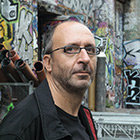
France’s Anti-Liberal Left
In the ideas of Jean-Claude Michéa, we can see what a left populism fully divorced from liberalism might look like.


In the ideas of Jean-Claude Michéa, we can see what a left populism fully divorced from liberalism might look like.

A conversation with the French writer and intellectual profiled in our spring issue.
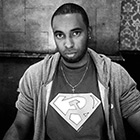
In our last issue, Michael C. Behrent examined Jean-Claude Michéa’s “subterranean influence on a new generation of anti-capitalist radicals in France.” Here, he talks with Kévin Boucaud-Victoire, a young member of the Michéa-influenced French left.

What do the recent elections for the European Parliament tell us about political developments across the continent?

Marine Le Pen’s National Rally is reaping the fruits of a long history of anti-European sentiment.
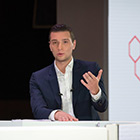
As climate change becomes a central concern for voters across the continent, right-wing parties are beginning to incorporate green politics into their ethno-nationalist vision.
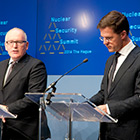
With just six out of twenty-eight EU member states having nominally left-wing governments, the left needs to consolidate and build coalitions both nationally and at the European level.
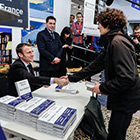
Emmanuel Macron’s recent eight-hour debate with dozens of academics follows a long line of French leaders who champion intellectual discourse. But you can’t read your way out of a crisis.
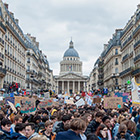
At Friday’s climate strike and the protests that followed, the “convergence of struggles” long championed by the French left began to take shape. A dispatch from Paris.
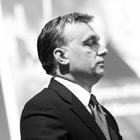
After decades of relative stability, Western elites forgot how precious and precarious liberal democracy really is.

Claiming the mantle of populism, La France Insoumise has sought to transcend the left and build a new coalition to transform French politics. But the group’s commitment to pluralism is already revealing limits.

The passage this month of Poland’s notorious “Holocaust Bill” should be a warning to those who ignore the link between anti-Semitism and growing authoritarianism.
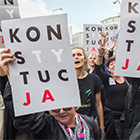
A quiet but fierce war is raging for the hearts and minds of Polish citizens, as a vibrant and well organized protest network confronts an increasingly authoritarian right-wing government.
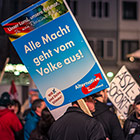

Jan-Werner Müller’s understanding of populism is built on a theory of anti-totalitarianism designed for an enemy that no longer exists.
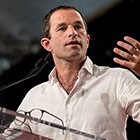
With this year’s elections, French politics has become less predictable than at any time since the founding of the Fifth Republic. It remains to be seen whether this volatility will reward the left—or the populist far right.